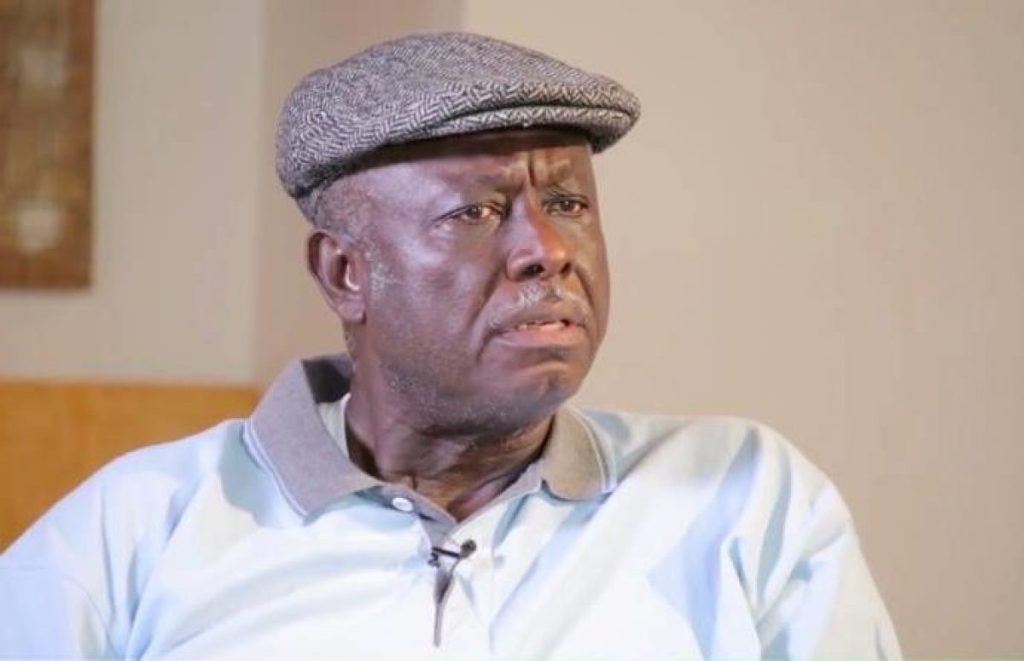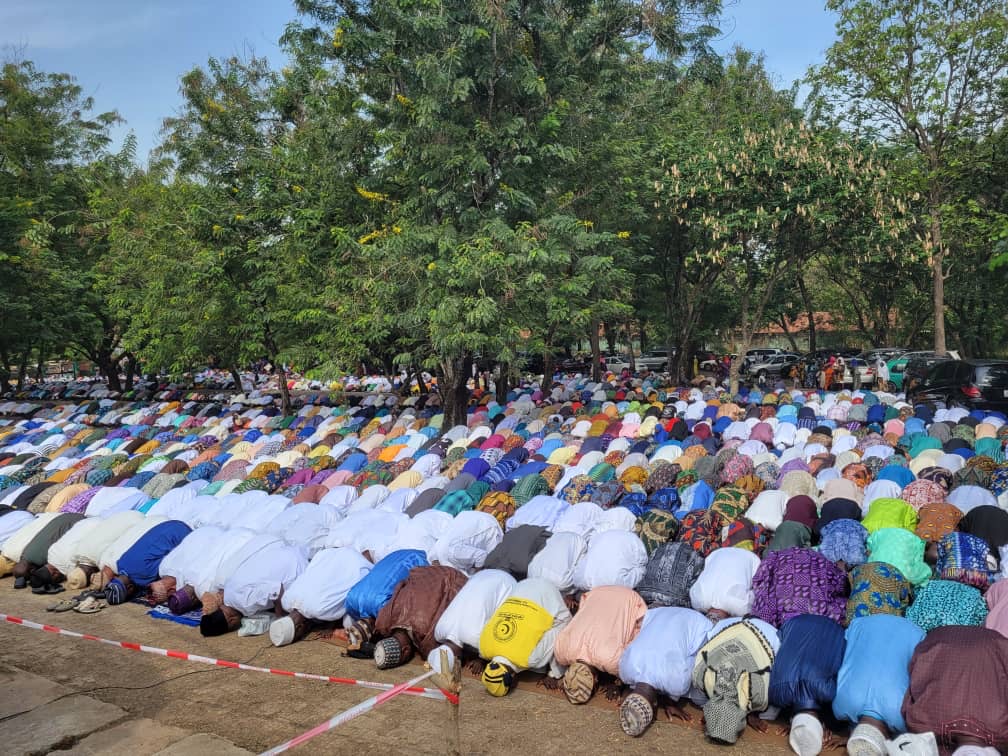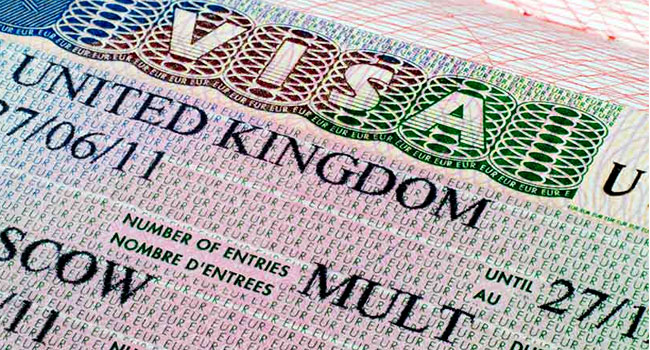Nigeria’s security forces have mobilized over 20,000 personnel to bolster safety during by-elections scheduled this weekend across 12 states. The Nigeria Security and Civil Defence Corps (NSCDC) announced the deployment of 20,850 officers to safeguard voters, election officials, and materials in 16 constituencies, underscoring efforts to ensure a credible and violence-free process.
In a Friday statement, NSCDC spokesperson Babatunde Afolabi confirmed that Commandant-General Ahmed Audi ordered the large-scale deployment to prevent disruptions during Saturday’s polls. The agency emphasized collaboration with the Nigeria Police Force, the primary body responsible for election security, to protect polling units and manage public order.
State-level commanders were instructed to coordinate with other security agencies—including those in Anambra, Edo, Jigawa, Kaduna, Ogun, and Taraba—to maintain professionalism and uphold citizens’ rights. “Personnel must ensure peaceful conduct at all voting centers while respecting the fundamental freedoms of voters,” the directive stated.
The NSCDC also called on eligible voters to participate without fear, urging high turnout amid heightened security measures. By-elections in Nigeria often draw scrutiny due to logistical challenges and sporadic unrest, particularly in regions with histories of political tension. This year’s vote will fill vacancies in legislative and state assembly seats, testing the government’s ability to conduct orderly elections ahead of broader polls in 2027.
Analysts note that the deployment reflects ongoing concerns about electoral integrity in Africa’s most populous nation, where past votes have been marred by allegations of vote-buying, ballot theft, and violence. While the NSCDC did not specify threats, the scale of mobilization signals proactive steps to deter interference and build public confidence.
The agency’s statement followed assurances from electoral authorities that voting materials would arrive on time, with technology upgrades aimed at reducing irregularities. Independent observers and civil society groups are expected to monitor the process, though skepticism persists among some citizens over the impartiality of security forces.
As polls open, the focus shifts to whether safety measures will translate to smooth participation, particularly in regions like Kano and Kogi, where political rivalries often escalate. For now, officials stress that the priority remains securing democracy’s foundational act: the right of citizens to choose their representatives freely and fairly.



